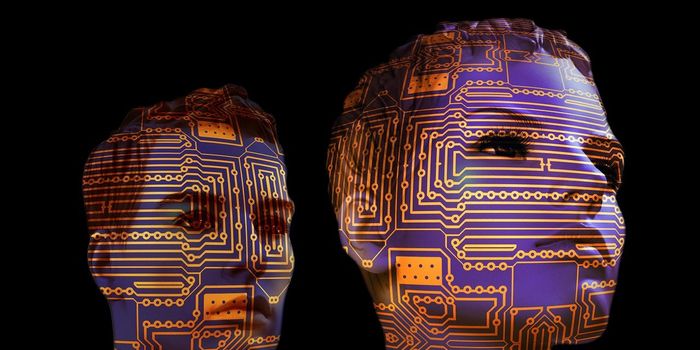Deciphering Clinical Criteria for an Autism Diagnosis with AI
The diagnosis of autism is still largely subjective; there are no biomarkers that can conclusively identify autism spectrum disorder (ASD) patients, and the issue is highly variable from one patient to another. Patients are usually diagnosed after a clinician has observed and interacted with an individual over many visits, and determined whether their characteristics align with those representing ASD in publications like the Diagnostic and Statistical Manual of Mental Disorders, Fifth Edition (DSM-5). Because of this subjectivity and variability, researchers have now used artificial intelligence to analyze clinical reports of ASD, and to reveal more about which clinical criteria are typically used to make a diagnosis.
ASD criteria are placed in one of two groups: either restricted or repetitive actions, activities, or behaviors; or differences in social interaction and communication. In this study, the researchers used AI to assess 4,200 clinical reports from a group of Canadian kids and clinicians. The computational tools were used to predict whether a diagnosis was made based on these reports. The work also highlighted certain key phrases or sentences that were more likely to be associated with an ASD diagnosis. The findings were reported in Cell.
Criteria that are considered to be intensely fixated interests, perception-based behaviors, and repetitive movements had a strong link to an ASD diagnosis. However, social symptoms like nonverbal communication, relationship development, and emotional reciprocity were less likely to relate to an ASD diagnosis; so they are seen more often in people who are not diagnosed with ASD.
The study suggested that diagnostic criteria for ASD might be due for a revision. Socialization might be considered less relevant to an ASD diagnosis going forward, for example, while repetitive behaviors and fixations made more relevant.
Social factors are also more difficult and time consuming to assess properly, so a modified criteria that is more focused on repetitive behaviors and special interests might increase the efficiency of a diagnosis. Since diagnosing ASD may take years, patients might benefit significantly from getting a speedier answer. This also means they would be more likely to receive therapy sooner.
"In the future, large language model technologies may prove instrumental in reconsidering what we call autism today," said co-senior study author Danilo Bzdok, a neuroscientist at The Neuro and Mila (the Quebec Artificial Intelligence Institute).
"Such a data-driven revision of autism criteria is a complement to what has historically been done by expert panels and human judgment alone," added co-senior study author Laurent Mottron, a clinician-researcher at the Department of Psychiatry of Université de Montréal.
Sources: McGill University, Cell









